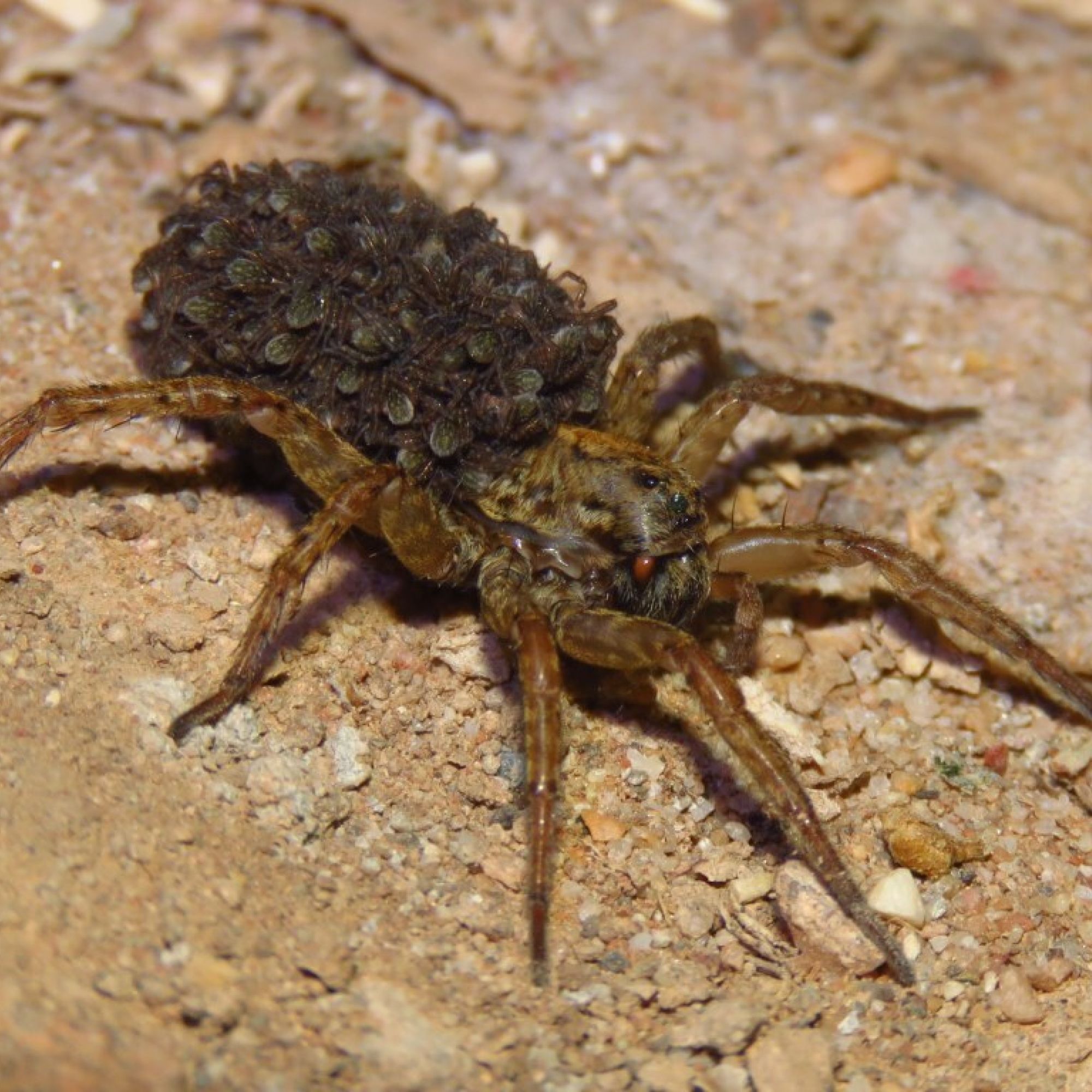Focus on spiders
Halloween, with its focus on terrifying creatures such as spiders, is just behind us. It’s a good time to think about our attitudes to spiders and some of the reasons to protect rather than kill them.
The odds of being bitten by a spider are low, and most spider venom isn’t seriously harmful to humans, with the exception of a few species such as button, sac and violin spiders. On top of being mostly harmless, spiders are charismatic. Baboon spiders hiss like snakes and do an impressive threat display to deter predators, jumping spiders have huge eyes “all the better to see you with” and males dance to attract the attention of females, wolf spider youngsters hitch a ride on their mother’s back, and male buckspoor spiders imitate wingless wasps.
Spiders are ecologically important and help to control insects that pose significant health and agricultural risks, such as mosquitoes, grasshoppers and beetles.
Spiders are highly diverse. Through the South African National Survey of Arachnida, a vast amount of information was collected and formed the basis of the first-ever national red list spider assessment, which considered over 2200 spider species. 42% of South Africa’s spider species can be found in the Western Cape and one-third of species in the province occur nowhere else. Twenty-seven Western Cape species are threatened and eight of these are Critically Endangered. A 2020 paper by Foord et al. revealed that spider endemism is especially high in Fynbos, Succulent Karoo and Forests, and threats are mainly linked to habitat destruction through urbanization and agriculture. Species of concern have now been included in the Species Environmental Assessment Guideline and the National EIA screening tool, and spider biodiversity must now be included in every EIA.






